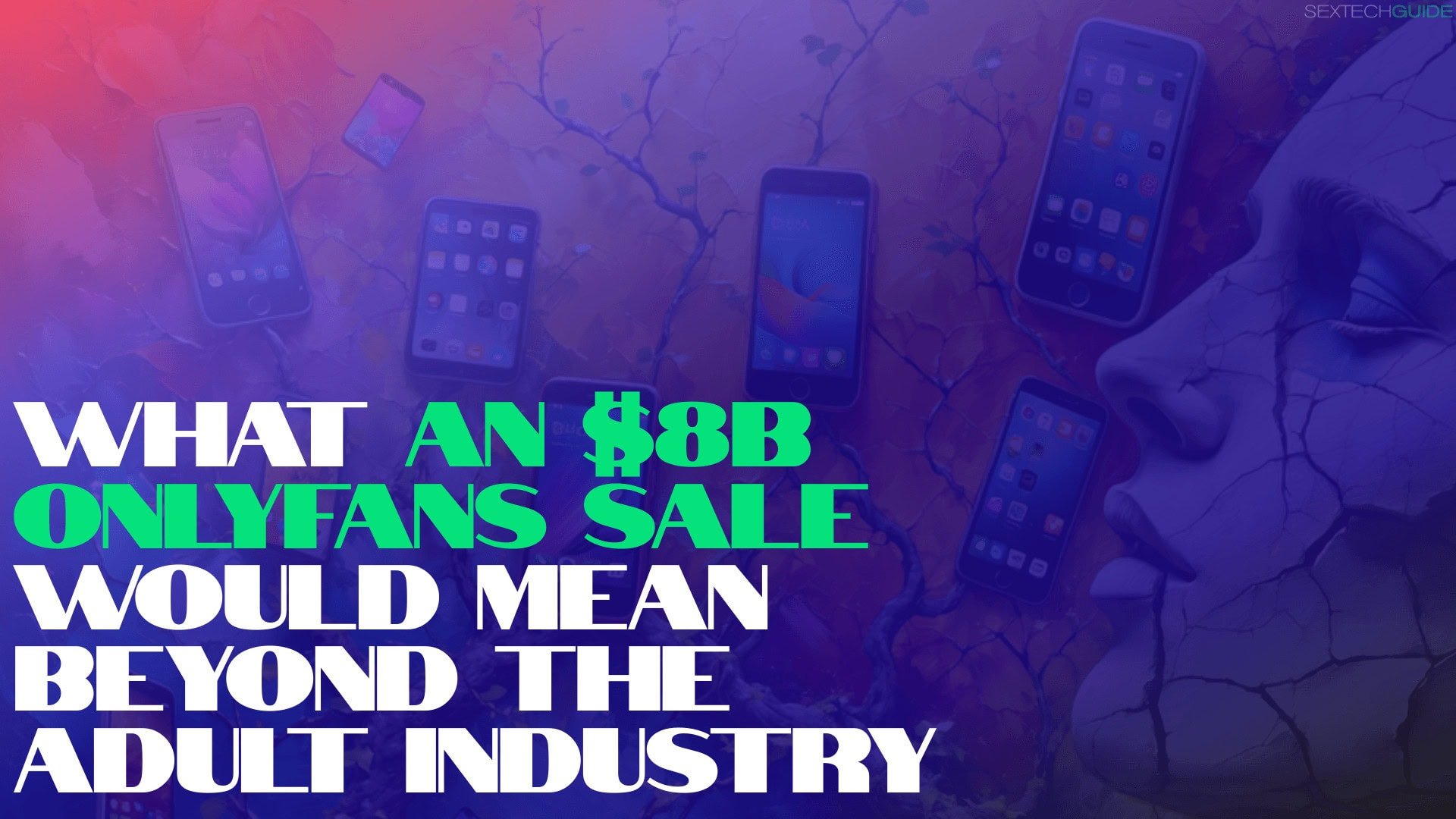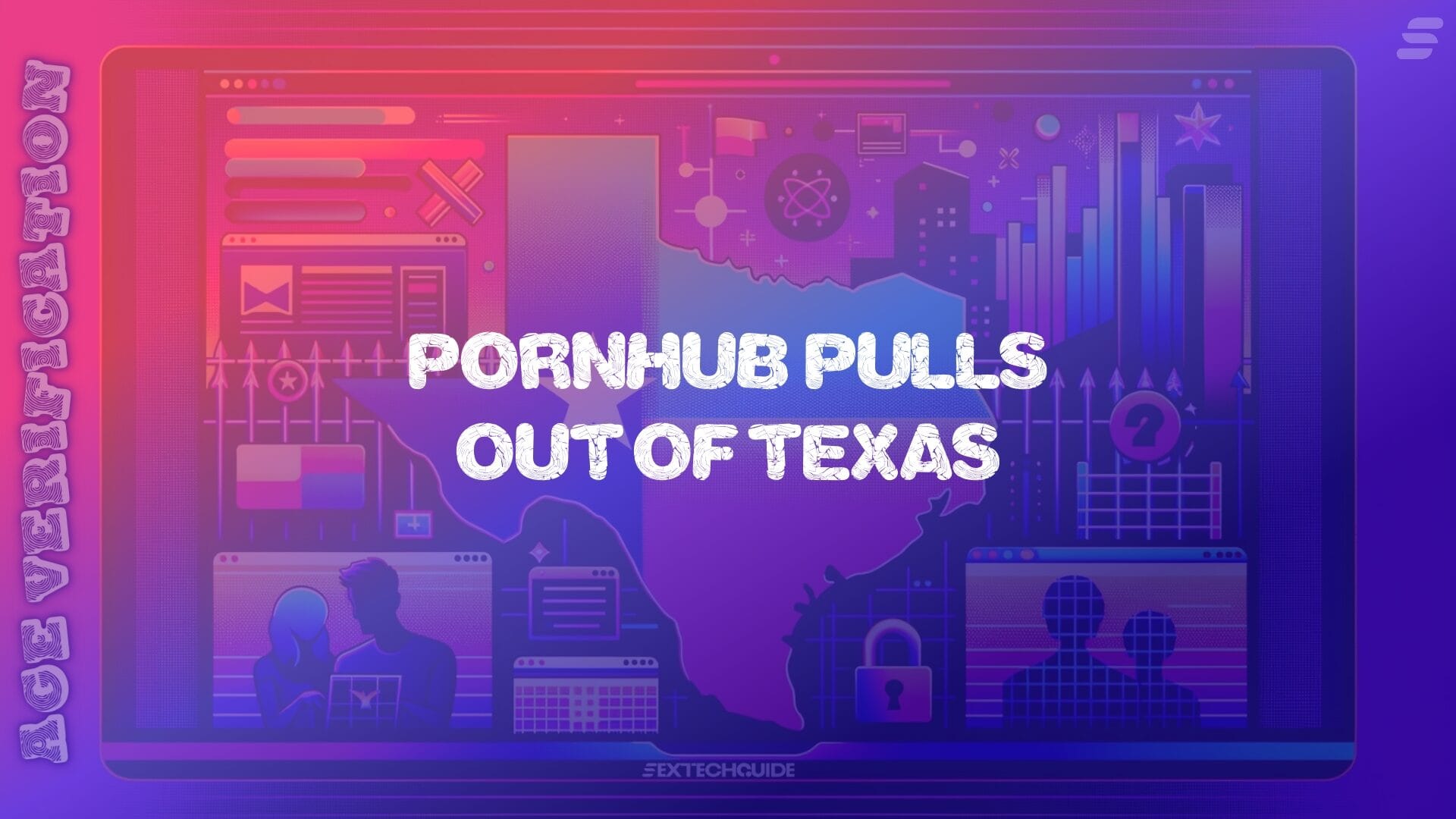An $8 billion OnlyFans sale wouldn’t just be the biggest media deal of 2025—it would signal that direct creator monetization has officially won the war against traditional media gatekeepers.
Last month (May 2025) it was reported that Fenix International, the company run by entrepreneur Leonid Radvinsky that owns OnlyFans, was in discussions about selling OnlyFans to a US investment firm for $8 million.
It seems possible that the biggest media acquisition of 2025 could be that of a company built on the success of home-made subscription porn. If it were to happen, an $8 billion sale would be a heck of an endorsement for the sentiment that the future of content is self-creation.
Studios in the dust?
OnlyFans has succeeded because it gives creators what they believe is a good deal: a 20 percent cut on earnings, and a way to interact with their fans directly.
It worked in online porn, where for years performers had been beholden to agents and studios. It’s no surprise that in media industries in which many parties take a cut of your work and earnings, and residual earnings are being eroded (if they even still exist), this model is also proving attractive.
The raft of celebrities joining OnlyFans in recent years has shown that taboo barriers about personally promoting this stuff are being further broken down. British singer Lily Allen was largely lauded for selling photos of her feet on OnlyFans, before she left the platform, saying it gave her more income than her Spotify earnings.
Crucially, although Allen is hugely famous (especially in the UK), she didn’t market her sexuality in the way that many female pop stars do. She showed that OnlyFans can be lucrative for celebrities who don’t already expose their flesh all over the internet.
This latter type of content has proved lucrative for many, including models. Not long ago posting on OnlyFans might have affected a model’s relationship with high-end brands and agencies. Now, posting shots of your backside at home is considered a far more legitimate side-gig, that no longer raises an ‘either or’ decision.
Cardi B might have something to say about it, but arguably you couldn’t get a better brand ambassador for OnlyFans and its potential future direction.
A steadier ship
Forest Road Company (FRC), the investment firm in question, is not the kind of ‘hard to trace online, pale 30-something male CEO’ company sometimes associated with online porn firm ownership. FRC has an ex-Disney executive on its board who used to run TikTok, and has invested in racing car and indie film companies.
A sale is far from confirmed, and Radvinsky has reportedly spoken to other potential buyers. But it seems possible that the biggest media acquisition of 2025 could be that of a company built on the success of home-made subscription porn.
FRC isn’t completely new to sex stuff, and recently invested in the Dame sextech company. But still, in a climate of online porn crackdowns, new age verification rules, and finance industry squeamishness about adult content, a huge sale could mark a turning point in the online porn industry.
Since the early 2020s, the online porn industry has seemed even more under siege than usual.
Mastercard and Visa had recently removed their payment services from Pornhub, as major financial organizations distanced themselves from potentially illegal explicit content. OnlyFans announced that explicit content would be banned on the platform, only to reverse the decision days later.
All this was taking place amid various governments tightening age verification rules for accessing online porn, forcing companies like Pornhub’s owner MindGeek (as it was called then) to scramble for ‘ethical’ rebrands.
While Aylo (as MindGeek is now called) continues to struggle to deal with age verification rules, OnlyFans seems to be on the push rather than defence.
The platform still gets plenty of scrutiny (earlier in 2025, UK regulator Ofcom fined Fenix International for not providing accurate age verification information), but it’s generally accepted that OnlyFans does a far better job than some others in keeping potentially illegal content off the platform. And, despite Ofcom’s slap, it’s generally considered to be better at implementing more robust age verification processes.
It seems unlikely that Pornhub’s success, if not reputation, will be too diminished in the near-future, and in January 2024 alone Pornhub had 1.5 billion visits (around three times’ OnlyFans’ current monthly visits). But in terms of having a clearer path for future growth (and indeed investment), OnlyFans seems to be facing fewer obstacles.
An explicit vision?
If OnlyFans is the subject of an acquisition, should we expect growth to come from going hell for leather with more porn content, or the kind of diversification the platform has been promoting recently?
The success of OnlyFans was built on explicit subscription content, mainly made by individuals, and ‘OnlyFans’ is still, for many, a byword for homemade and/or custom porn. Tell someone that you “have an OnlyFans”, and they’re going to assume you post shower or foot photos, rather than recipes or political insights.
Through launches such as OFTV, which hosts non-explicit content such as comedy videos and dating shows, recently OnlyFans has actively sought to increase the amount of non-adult content. A revamp of the platform under new ownership could see these efforts increased.
Shaking the ‘OnlyFans = porn’ reputation would be a big ask, and although having a wider range of creators could stimulate growth, it would move OnlyFans away from its main selling point. Why would a creator use OnlyFans instead of, say, Patreon, if not because they create the kind of content that would see them banned from Patreon, but that OnlyFans actively promotes?
What is perhaps more likely is that for further success, OnlyFans could continue to aim for all kinds of users, but keep explicit and sexual content at its core – and, crucially, expand its ‘racy but not technically explicit’ content.
This model is deemed potentially worthy of such an enormous investment because it worked in online porn, where for years performers had been beholden to agents and studios. It’s no surprise that in media industries in which many parties take a cut of your work and earnings, and residual earnings are being eroded (if they even still exist), this model is also proving attractive.






























Leave a Reply